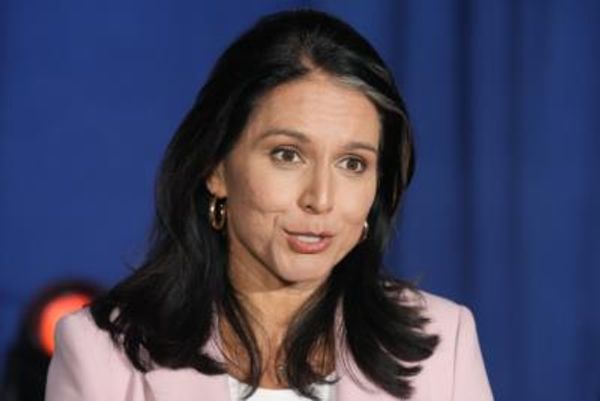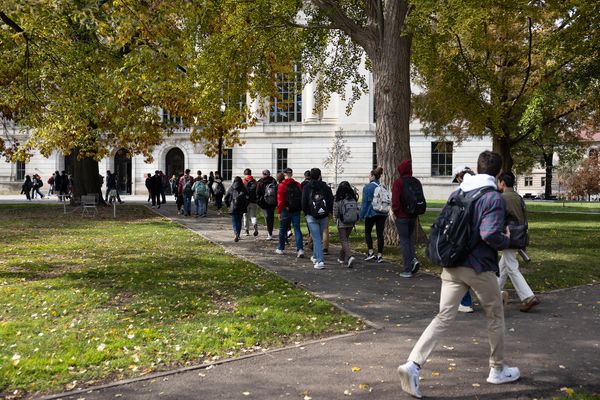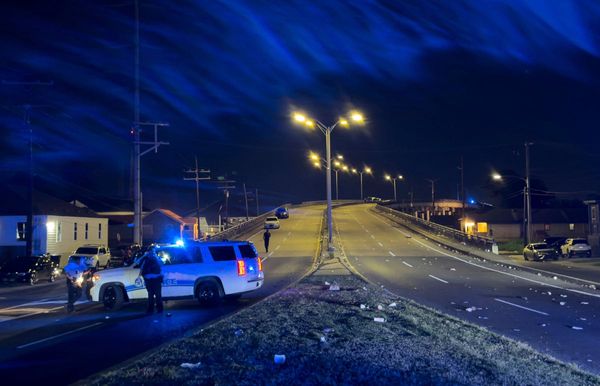
Boris Johnson’s government will pledge £10million to help rebuild Ukraine’s railways in a bid to use trains to export grain trapped by Vladimir Putin’s blockade in the Black Sea.
The prime minister is set to call on fellow leaders to take urgent action to get essential food supplies out of Ukraine at the G7 Summit in Germany on Monday.
Mr Johnson said the United Nations’ plan to get the grain out of Ukraine is a “non-starter” because Russia will continue to use food supply as a bargaining chip to ease sanctions.
The PM argued that allies need to now consider plan B, as he pledged British expertise to help de-mine the Black Sea and upgrade rail infrastructure.
“Global leaders need to come together and apply their combined economic and political heft to help Ukraine and make life easier for households across the world – nothing should be off the table,” he said.
Russia’s actions have driven up global food prices, and aid charities have warned that the ongoing blockade has placed 47 million people around the world on the brink of a humanitarian disaster.
Around 25 million tonnes of corn and wheat cannot be exported and is currently at risk of rotting in Ukrainian silos.
In addition to blocking grain from leaving Ukraine via the Black Sea – the route by which 96 per cent of the country’s grain has historically been exported, Russian attacks are disrupting rail exports.
Ukraine has upped the amount exported via rail, sending around 760,000 metric tonnes in early May, but it remains a tiny proportion of the amounts usually sent via the Black Sea.
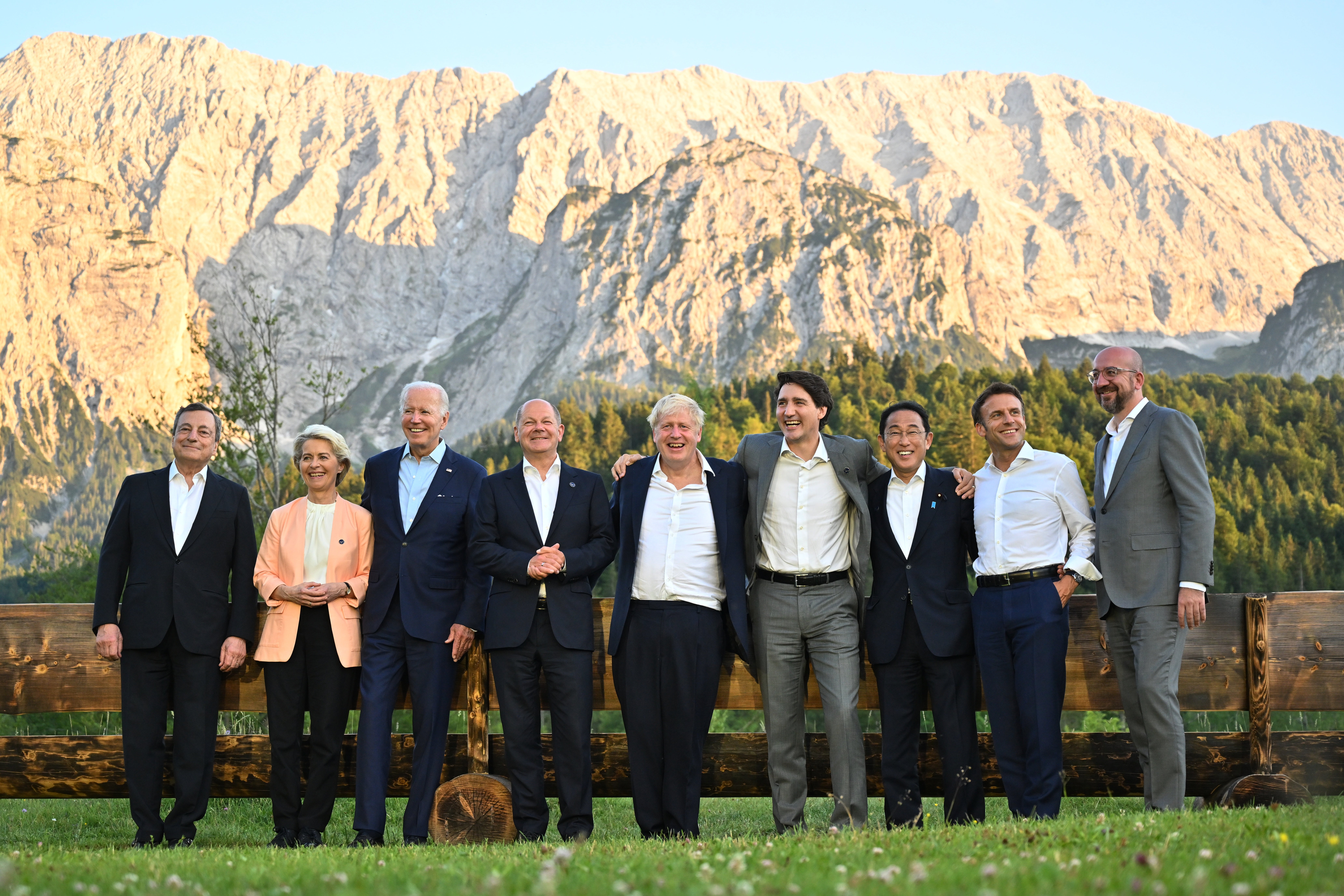
The UN is trying to alleviate a global food crisis by calling on Turkey and Russia to agree a safe corridor by sea. But Mr Johnson was downbeat on the plan, saying it wasn’t “a runner” because Mr Putin would “use that as a pretext as a way to try and get sanctions relaxed”.
The prime minister hailed the “iron spirit” of the staff on the Ukrainian railways after his first to Kyiv via a train from Poland.
Environment secretary George Eustice said on Monday that the Navy would not be used to bypass a Russian blockade to help get grain out of Ukraine.
“We’re looking at what we can do to help to repair railways, to look at a land bridge so that we can get that wheat out across the land border. It is now very, very perilous to try to get ships into the Black Sea,” the minister told Sky News.
There is evidence that Russia is stealing grain from Ukraine, smuggling it over the border to sell and boost Mr Putin’s war coffers, according to No 10.
The UK will put £1.5m to develop a testing process to identify whether grain sold by Russia on the world market has been illegally taken from president Volodymyr Zelensky’s country.
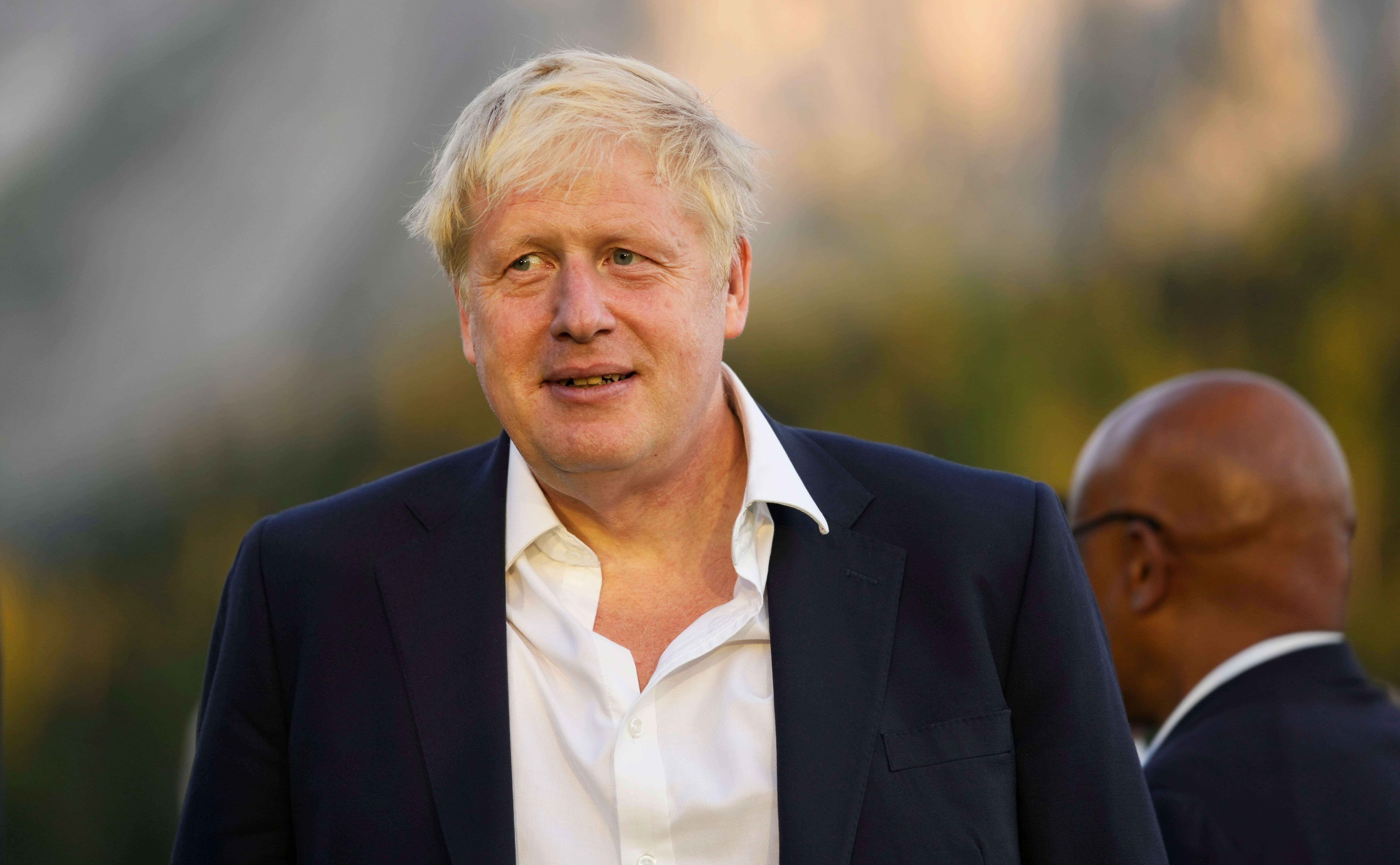
The PM is set to encourage G7 leaders on Monday to consider a temporary waiver on mandates for biofuel. He will argue that the use of grain for biofuel is contributing to the reduced availability of food.
Both Britain and Germany are keen to row back on biofuel commitments. But a German government source told Reuters that chancellor Olaf Scholz does not expect the proposal for a temporary waiver on the green fuels to get agreement from other G7 countries.
Meanwhile, the PM has announced £25m of aid backing for a new, post-Covid fund to ensure the world is better prepared to defeat future pandemics.
The international fund is aimed at helping countries whose healthcare systems remain unprepared for the challenges caused by large outbreaks of infectious diseases.


